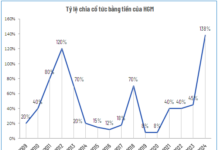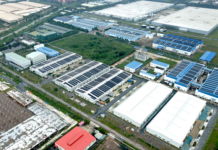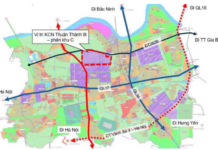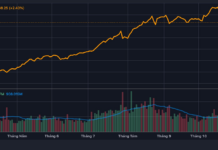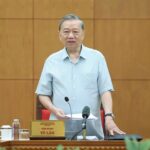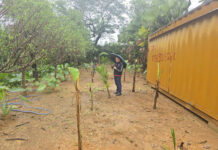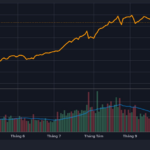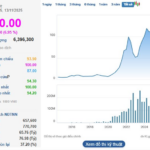The Central Coordinating Council for Legal Education Dissemination, in collaboration with the Ministry of Justice, recently organized a seminar titled “Identifying Bottlenecks and Proposing Solutions in Land Management.”
During the seminar, Mr. Nguyễn Quốc Hiệp, Chairman of the Vietnam Construction Contractors Association, highlighted two critical bottlenecks in the current Land Law that require immediate attention: the “land valuation method” and “land clearance procedures.”
Among these, Mr. Hiệp emphasized that the land pricing issue is particularly significant. According to the 2024 Land Law, land prices are determined by market mechanisms. However, if the market is left to dictate prices entirely, the government may struggle to control them, leading to an endless cycle of “land prices chasing property prices, and property prices rising with land prices.”
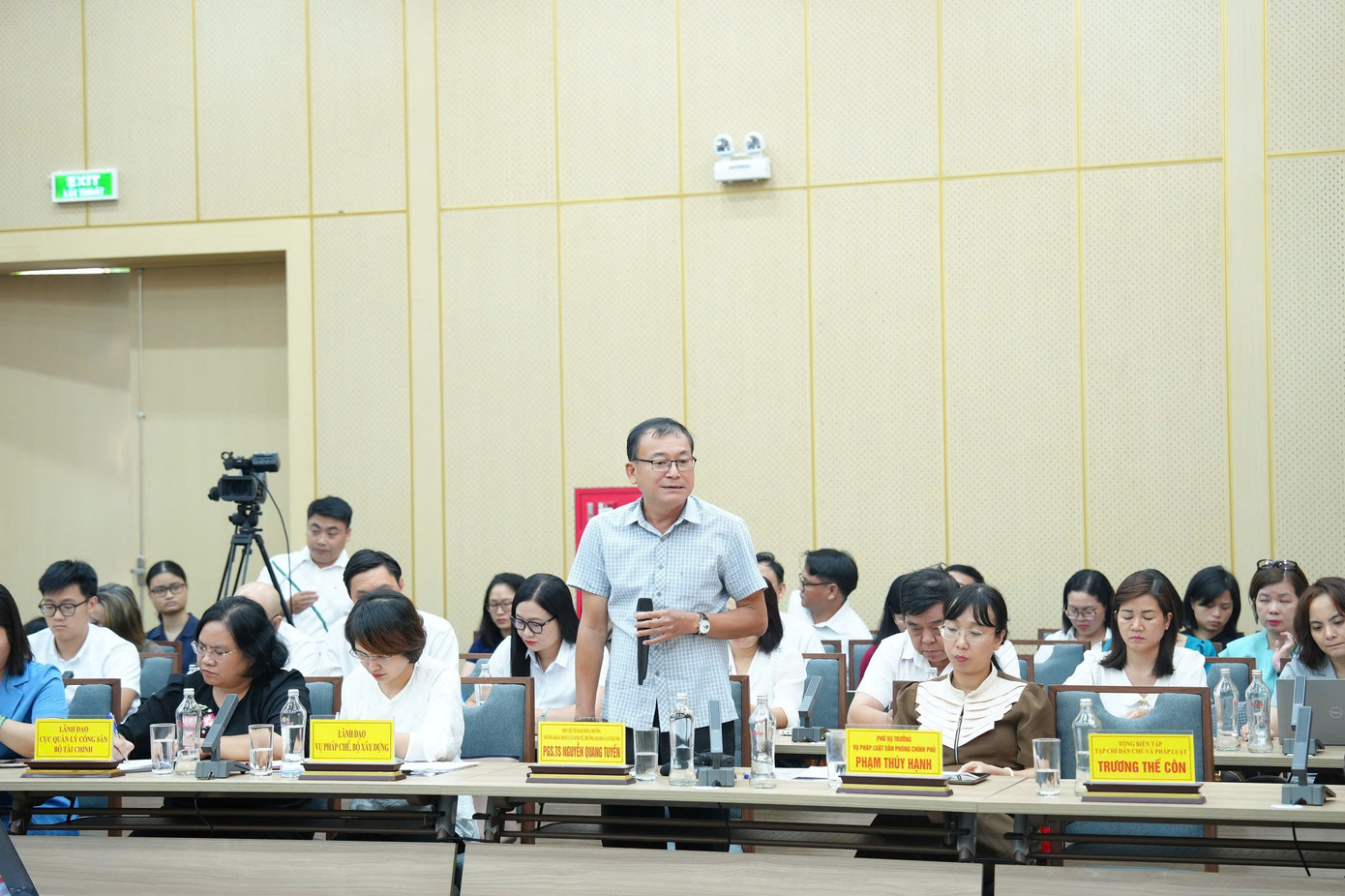
Delegates presenting at the seminar.
Associate Professor Dr. Nguyễn Quang Tuyến, Dean of the Faculty of Economic Law at Hanoi Law University, suggested that to establish accurate and transparent land prices, the government must develop a robust input pricing information system and enhance land data infrastructure.
Mr. Nguyễn Công Thức, Vice Chairman of the Bac Ninh Real Estate Association, shared challenges in using independently audited estimates to calculate construction investment costs when determining land prices via the surplus method. He urged the Ministry of Justice to propose solutions to the government and relevant ministries, including:
Clarifying legal interpretations and applications by local authorities to ensure uniform implementation of land and construction laws. This would allow the use of independently audited estimates to calculate total construction investment costs for land pricing via the surplus method.
Addressing conflicts between land and construction laws by amending Decree 226/2025/NĐ-CP to align with construction laws when determining land prices via the surplus method.
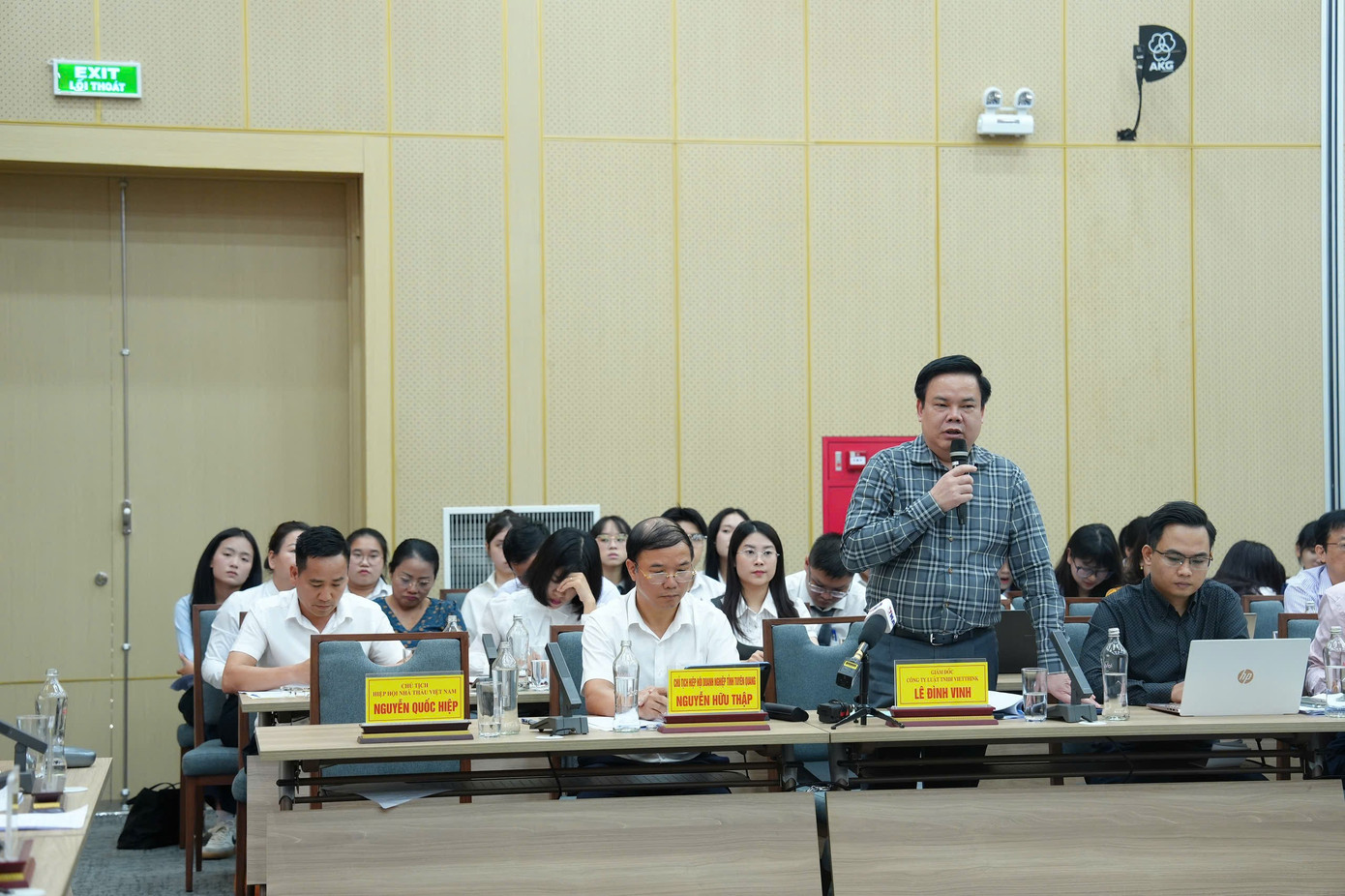
Mr. Ngô Anh Tuấn, Director of the Hanoi Department of Justice, pointed out inefficiencies in the current land tax payment process. Land users must visit tax authorities to receive tax obligation documents, pay the taxes, return to confirm completion, and then proceed to the Land Registration Office for their land certificates. He proposed simplifying this process by eliminating redundant steps, as land laws do not require financial obligation confirmation.
Additionally, Mr. Tuấn suggested expanding the list of authorized banks for tax payments to include private banks, ensuring accessibility on weekends.
Ms. Đoàn Thị Thanh Mỹ, Deputy Director of the Land Management Department (Ministry of Agriculture & Environment), announced that the ministry is revising land laws to align with the two-tier government model. To date, they have received and addressed 125 feedback submissions from 29 agencies. The ministry remains committed to engaging with local governments, businesses, and citizens to refine policies, ensuring seamless land resource management.
Unveiling Accountability: Inspectors Expose Decades-Long Neglect and Encroachment of Prime Land in Ca Mau
Numerous public land plots in Ca Mau, after being reclaimed, have lain abandoned for years without being auctioned or utilized, and many have been encroached upon. The Ca Mau Provincial Inspectorate has identified the responsibility for this issue lies with the leadership of the Provincial Land Fund Development Center, due to their failure to conduct regular inspections and monitoring, leading to these oversights.
Unlocking Land Bottlenecks: Streamlining Solutions for Efficient Land Management
Land Law is a pivotal legislation with far-reaching implications, directly impacting the rights and interests of the State, citizens, and businesses alike.
Land Management Agency Proposes Solutions to Streamline Land Procedures for Confused Property Owners
After nearly a month of deploying 34 officials to support local land management, significant challenges have emerged. The latest report reveals that many communes and wards are still struggling with administrative procedures, incompatible software, and staffing shortages. Mr. Đào Trung Chính, Director of the Land Management Department, has proposed a series of recommendations to address these bottlenecks.
Proposed Adjustments to Land Conversion Fees: Agricultural to Residential
These proposals, according to the associations, not only alleviate the burden on citizens but also foster transparency, fairness, and ensure a sustainable revenue stream.











